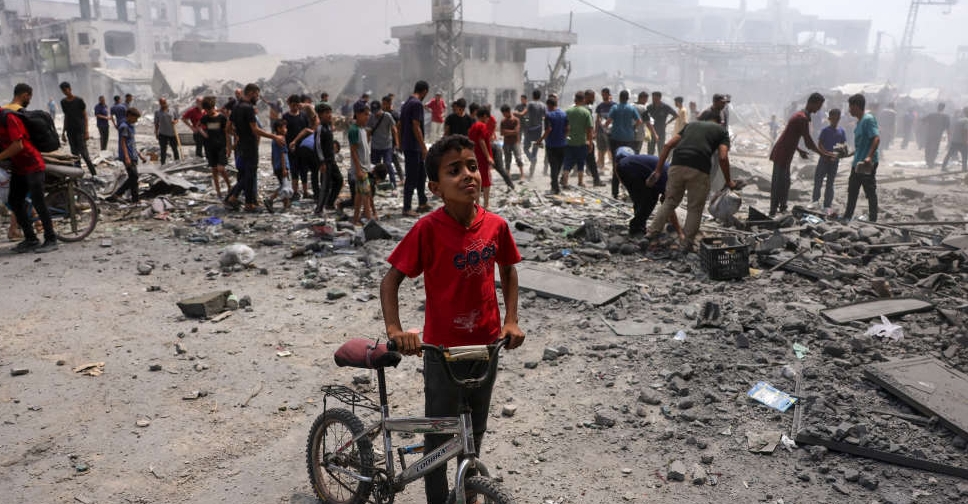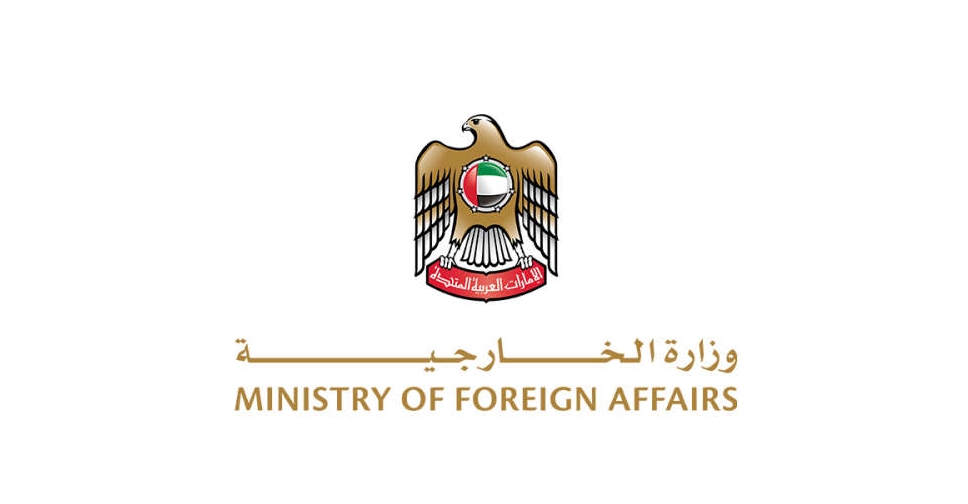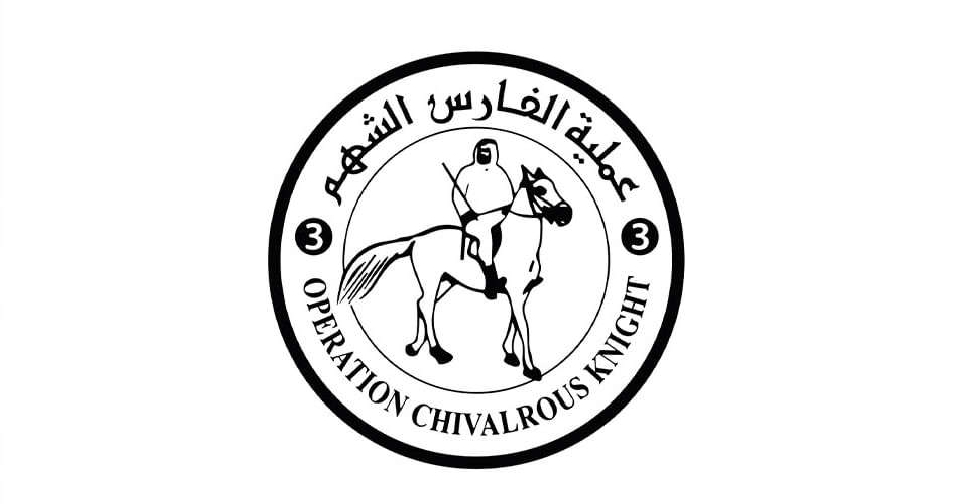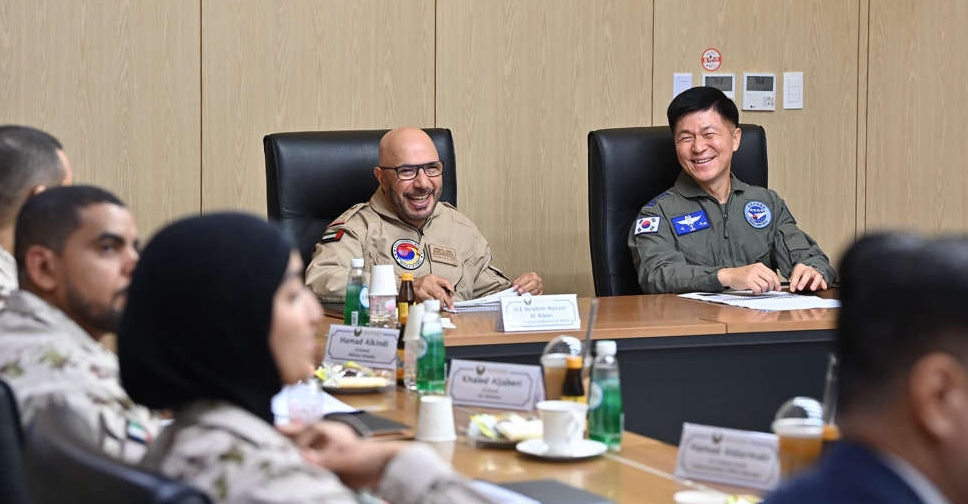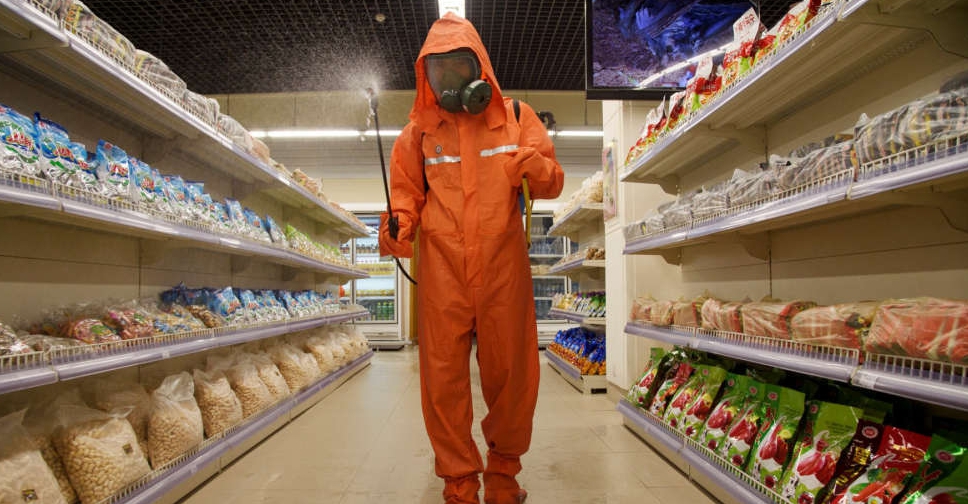
At least one person confirmed to have COVID-19 has died in North Korea and hundreds of thousands have shown fever symptoms, state media said on Friday, offering hints at the potentially dire scale of country's first confirmed outbreak of the pandemic.
The data represents an unprecedented admission of an "explosive" outbreak in a country that had previously reported no confirmed cases since the pandemic began, and could mark a grave public health, economic, and political crisis for the isolated regime.
Experts said that given North Korea's limited testing capabilities, the numbers released so far probably represent a small fraction of the infections, and could lead to thousands of deaths in one of only two countries in the world without a COVID-19 vaccination campaign.
About 187,800 people are being treated in isolation after a fever of unidentified origin has "explosively spread nationwide" since late April, the official KCNA news agency reported.
Roughly 350,000 people have shown signs of that fever, including 18,000 who newly reported such symptoms on Thursday, KCNA said. About 162,200 have been treated, but it did not specify how many had tested positive for COVID-19.
At least six people who showed fever symptoms have died, with one of those case confirmed to have contracted the Omicron variant of the virus, KCNA said.
Harvard Medical School's Kee Park, who has worked on health care projects in North Korea, said the country has been testing about 1,400 people each week, which is not nearly enough to survey 350,000 people with symptoms.
"What is more worrisome is the sheer number of symptomatic people," he added. "Using a conservative case fatality rate of 1% and assuming the surge is due to an Omicron variant of COVID-19, North Korea can expect 3,500 deaths from this outbreak."
'GRAVEST EMERGENCY'
North Korean leader Kim Jong Un visited the anti-virus command centre on Thursday to check the situation and responses after declaring a "gravest state of emergency" and ordering a national lockdown, state media reported.
North Korea has said the outbreak began in the capital of Pyongyang in April. State media did not elaborate on the cause of the outbreak, but the city hosted several massive public events on April 15 and 25, including a military parade and large gatherings where most people did not wear masks.
Kim, who attended several of those events, "criticised that the simultaneous spread of fever with the capital area as a centre shows that there is a vulnerable point in the epidemic prevention system we have already established," KCNA said.
Kim said actively isolating and treating people with fevers is a top priority, while calling for scientific treatment methods and tactics "at a lightning tempo" and bolstering measures to supply medication.
In another dispatch, KCNA said health authorities were trying to organise testing and treatment systems and bolster disinfection work.
The rapid spread of the virus highlights the potential for a major crisis in a country that lacks medical resources, has refused international help with vaccinations and has kept its borders shut.
Analysts said the outbreak could threaten to deepen the isolated country's already tough food situation this year, as the lockdown would hamper its "all-out fight" against drought and the mobilisation of labour.
CALLS FOR AID
North Korea said last year it had developed its own Polymerase Chain Reaction (PCR) equipment to conduct COVID tests. But it declined vaccine supplies from the COVAX global sharing programme and China, possibly leaving the vast majority of people in a relatively young society at higher risk of infection.
North Korea has so far not publicized any new calls for help in countering the outbreak, but some observers were optimistic that the disclosure was a signal that the government would soon accept vaccines or other aid.
Kwon Young-se, South Korea's new nominee to be the unification minister, responsible for inter-Korean ties, said at his confirmation hearing on Thursday that he was willing to push for humanitarian assistance for the North, including COVID treatment, syringes and other medical supplies.
A unification ministry spokesman said on Friday that about 95.4 billion won ($74.1 million) from an inter-Korean cooperation fund was earmarked to facilitate exchanges in the health and medical area.
A US State Department spokesperson said it had no plans to send vaccines to North Korea but supported international efforts to provide aid to vulnerable people there, urging Pyongyang to facilitate that work.


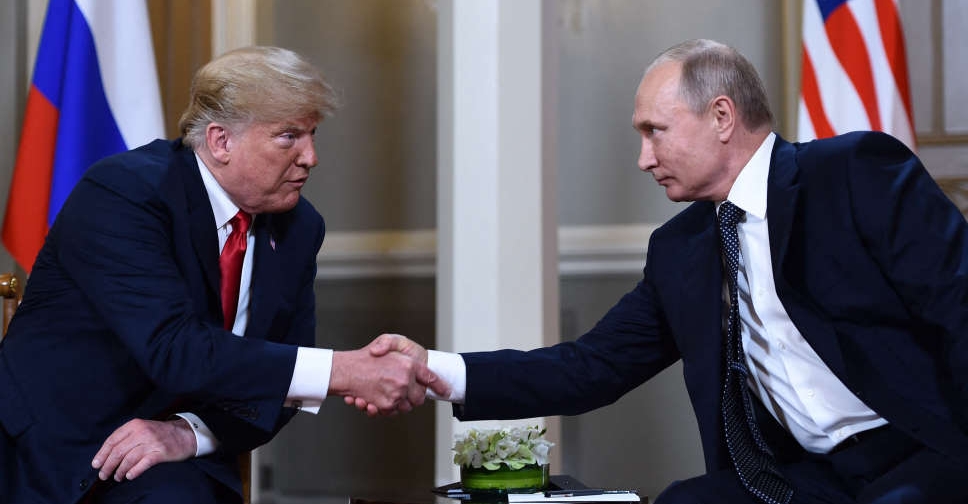 Trump, Putin to meet in Alaska for Ukraine talks
Trump, Putin to meet in Alaska for Ukraine talks
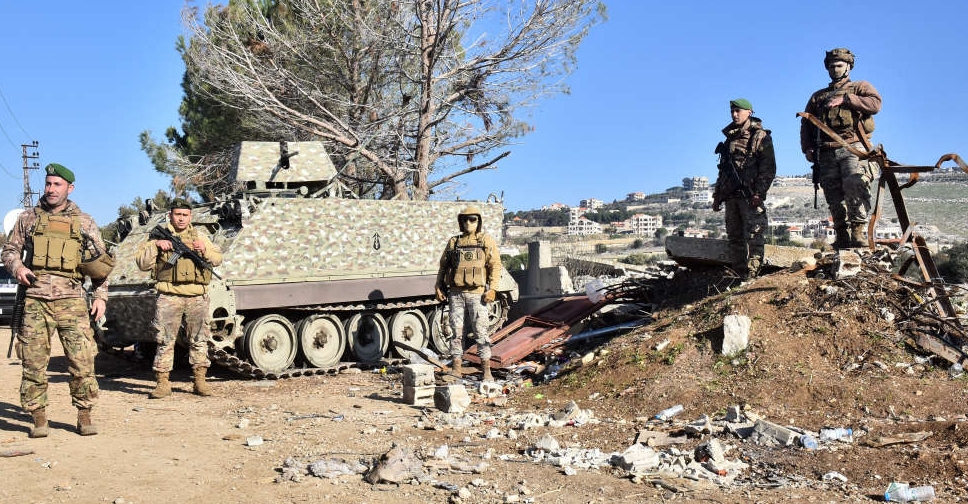 At least six troops killed in southern Lebanon explosion
At least six troops killed in southern Lebanon explosion
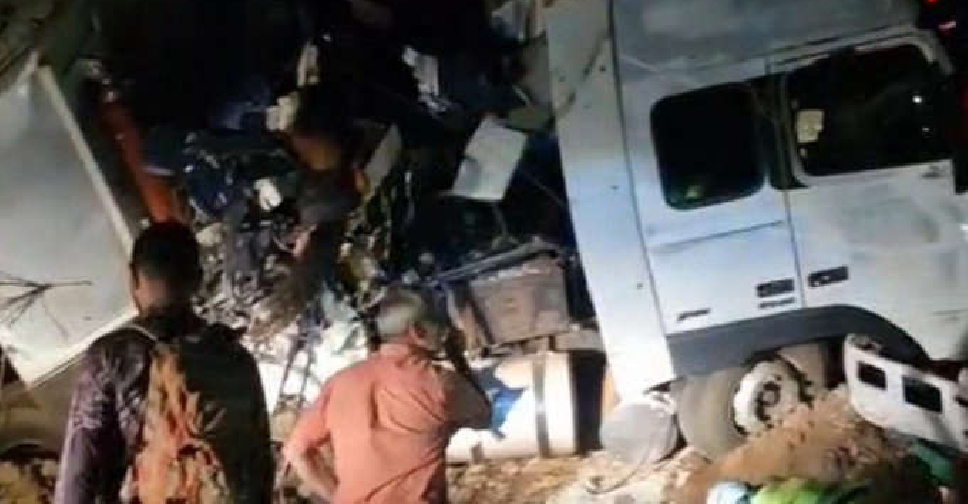 Bus collision with truck kills 11, injures 45 in Brazil
Bus collision with truck kills 11, injures 45 in Brazil
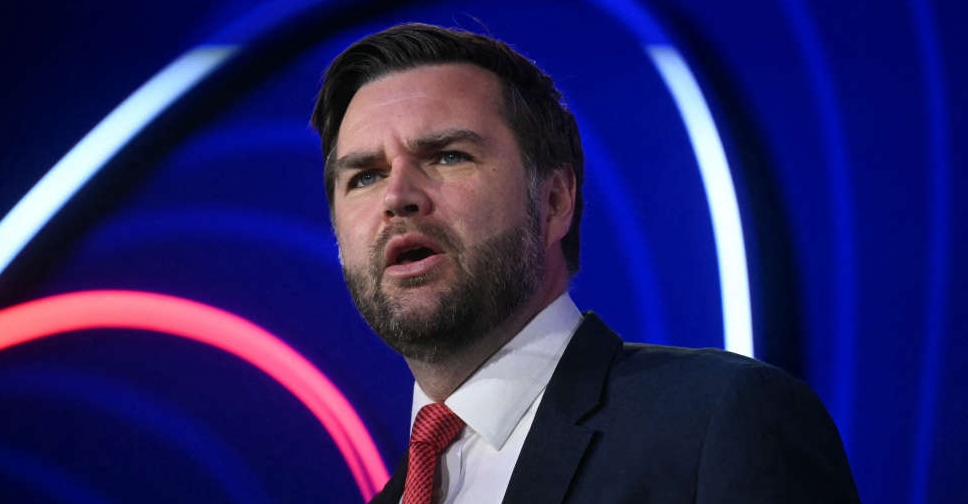 UK, US host meeting on Ukraine
UK, US host meeting on Ukraine
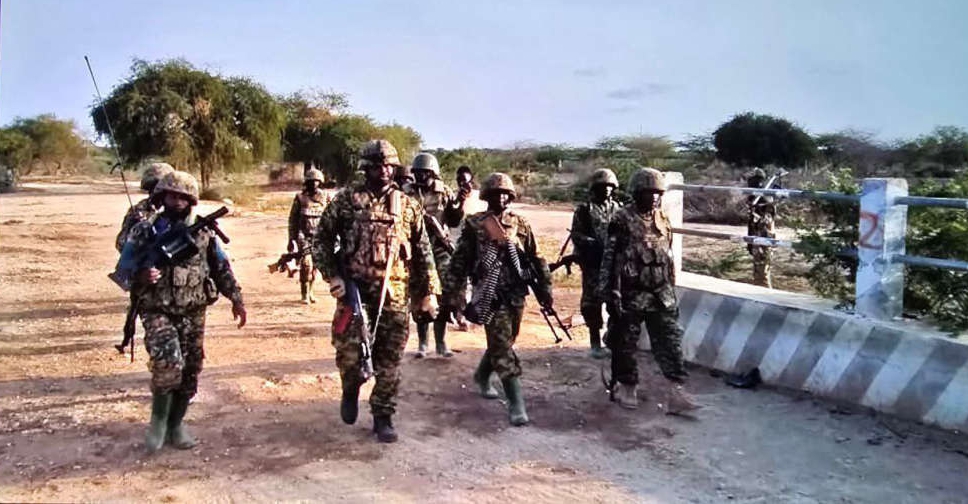 120 Al-Shabaab militants killed in Somalia
120 Al-Shabaab militants killed in Somalia
